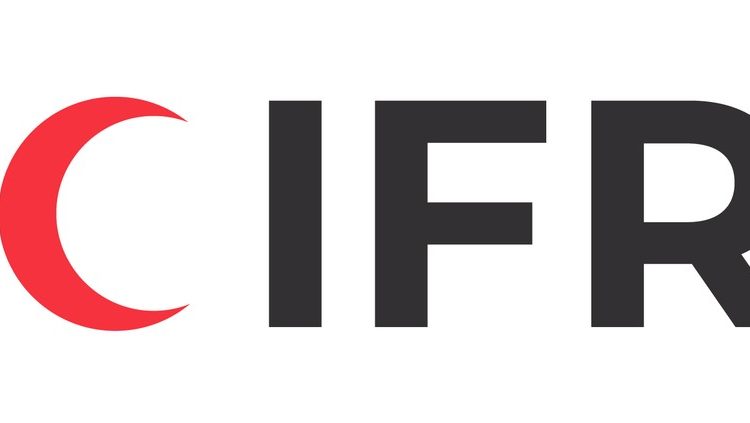International Federation of Red Cross and Red Crescent Societies (IFRC) launches Zero Hunger Campaign to drive durable food security across Africa
The International Federation of Red Cross and Red Crescent Societies (IFRC) has officially launched its Africa Zero Hunger: United for Durable Solutions campaign, marking a bold step toward redefining the fight against hunger in Africa.
The campaign was unveiled today, 19 August 2025, during a virtual event moderated by award-winning journalist Victoria Rubadiri, bringing together African leaders, humanitarian actors, and community innovators from across the continent.
Its mission: to move beyond short-term aid and invest in durable, community-led solutions that strengthen local systems, adapt to climate and conflict, and deliver lasting, resilient change.
A systemic crisis, a collective opportunity
Across sub-Saharan Africa, over 282 million people are undernourished — almost one-third of the world’s food-insecure population. In 2024 alone, 173 million people faced acute food insecurity or worse, with women and children bearing the heaviest burden.
This crisis stems from deep-rooted structural drivers — climate shocks, conflict, displacement, and weak food and social protection systems. But it also presents a historic opportunity to reset how we respond.
The Zero Hunger Campaign: United for Durable Solutions calls for a shift away from short-term aid toward community-led, African-owned solutions that build long-term resilience.
“It represents a turning point,” said Pierre Kremer, Deputy Regional Director, IFRC Africa. “It’s moving from short-term food aid to lasting, community-driven change. For Africa, it’s a rallying call to end hunger by harnessing local ingenuity, climate-smart practices, and sustainable livelihoods.”
Durable solutions, African leadership
Launched in Kenya, Ethiopia, DRC, Mali, Nigeria, and Zimbabwe, the campaign is grounded in SDG 2, the AU’s Agenda 2063, and the Malabo Declaration. It aims to reach 60 million vulnerable people in 15 countries by 2030.
The Zero Hunger Campaign will channel investment into:
- Climate-smart agriculture&ecosystem restoration
- Access to finance and markets
- Community-led social protection
- Women and youth-led cooperatives
- Integrated food, health, and nutrition systems
From launch to action
The IFRC is driving this transformation through its network of African National Societies and more than one million community-based Red Cross and Red Crescent volunteers. These volunteers, embedded in local systems and trusted by their communities, are helping scale proven, locally designed approaches to food security.
What’s next
The launch may be complete, but the mission has only just begun: the IFRC is calling on governments, donors, the private sector, civil society, media, and the African diaspora to help expand and replicate these solutions.
The campaign’s message is clear: Zero Hunger starts with us.
Distributed by APO Group on behalf of International Federation of Red Cross and Red Crescent Societies (IFRC).



